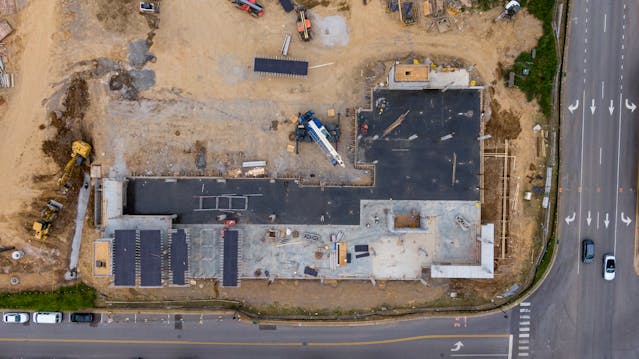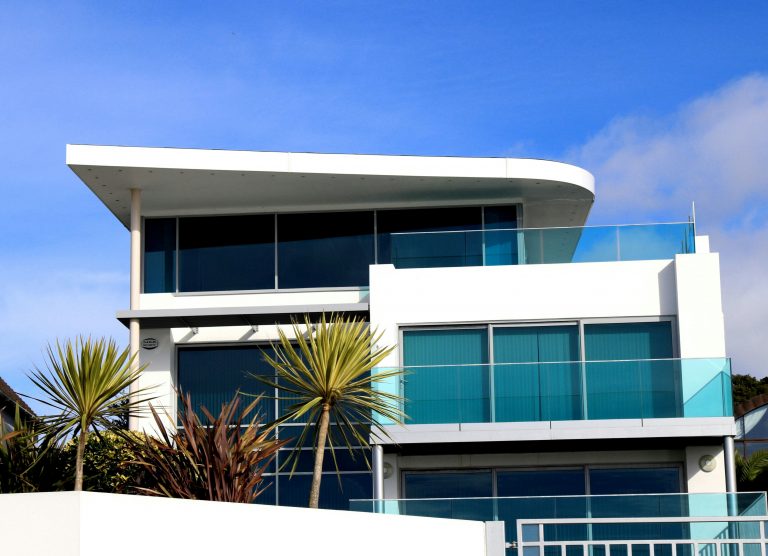
When it comes to choosing a type of flooring for your home, the flooring options that are available to you are likely to be many, though in this article we will focus primarily on the advantages and disadvantages of bamboo flooring. From tile flooring to vinyl flooring to hardwood and linoleum and yes, of course, bamboo flooring, there are so many types of floors to choose from. It is hardwood flooring, perhaps, that is most popular of all.
After all, hardwood flooring can last an incredibly long time. In fact, wood flooring such as hardwood flooring has been found to be so durable that it will last for centuries before really showing any signs of wear and tear. For many people, the aesthetic appeal of wood flooring is also quite great indeed, and more than half of all people who are in the market to buy a home have said that they would actually be quite willing to spend more for a home that incorporated wood floors in some way than for a home that did not.
However, the disadvantages of hardwood flooring are far greater than the disadvantages of bamboo flooring. After all, hardwood flooring options can be quite expensive, simply because they are so highly sought after. And hardwood flooring is often less than environmentally friendly.
This is due to the fact that is takes hardwood trees a great deal of time before they are considered to be fully matured. The typical hardwood tree will take no less than 20 years before reaching maturity, and some hardwood trees can take much longer, up to 60 years. This means that we are cutting down hardwood trees must faster than new ones can grow, and so the impact of our use of hardwood, particularly as it is seen in hardwood flooring, is likely to be quite immense indeed, especially as time passes on.
Fortunately, bamboo flooring presents a viable alternative, and there are certainly far more advantages of bamboo flooring than there are disadvantages of bamboo flooring. In fact, one of the only disadvantages of bamboo flooring is that it can be more difficult to find than other, more readily available, types of flooring. Fortunately, however, this is one of the disadvantages of bamboo flooring that is quickly fading away as people grow more and more aware of the viable option that bamboo flooring presents.
Again, the disadvantages of bamboo flooring are few – but the benefits of using bamboo flooring are quite immense, all things considered. For one thing, the use of bamboo as a flooring material is much more ecologically sound in the grand scheme of things. This can be attributed to the fact that bamboo simply grows much more quickly than hardwood trees do, with a bamboo plant fully grown after a period of only just three or so years – and typically no more than five years at the very most. This makes bamboo floors much more renewable than hardwood floors, of course.
The disadvantages of hardwood flooring over the disadvantages of bamboo flooring are consistent through all aspects of study. In fact, bamboo flooring is quite a bit more resilient than many people realize, with strand bamboo flooring actually able to outperform most traditional forms of hardwood, harder than traditional hardwoods all across the board. In fact, this type of bamboo flooring is up to three times as hard as oak hardwood flooring, which is one of the most popular types of hardwood flooring found here in the United States.
And bamboo flooring of all types, strand bamboo flooring and others, are long lived as well as durable (though the two go hand in hand in many different ways). Engineered bamboo flooring, for instance, can withstand refinishing up to two times, as can strand bamboo flooring. And some types of strand bamboo flooring can even withstand refinishing for up to four times before eventually needing to be replaced. This means, of course, that bamboo floors of all types are very much an investment worth making for home owners all throughout the United States and likely beyond it in the entirety of the world.


